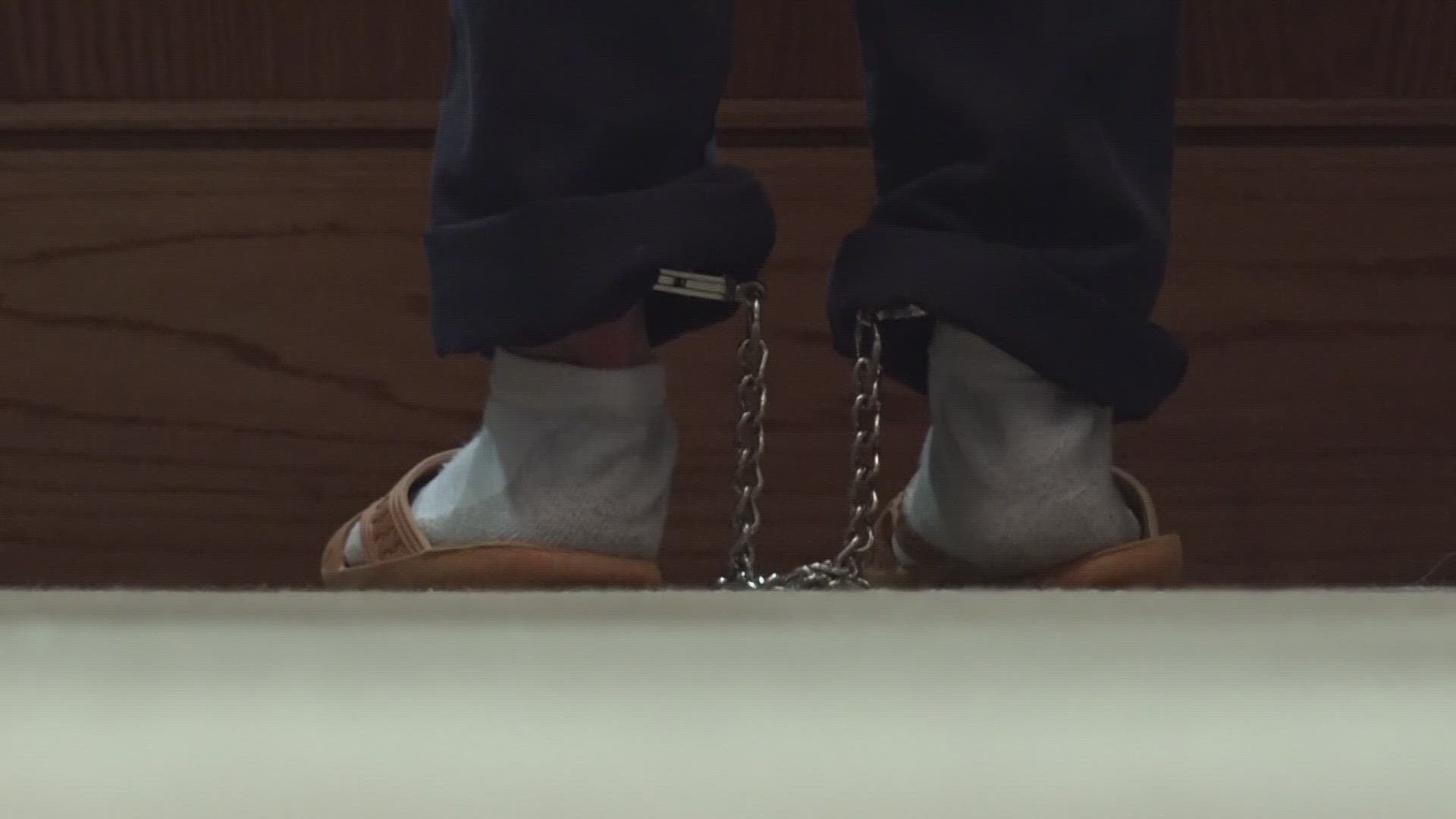SAN ANTONIO — A new report from Bexar County Juvenile Probation shows a spike in crimes committed by children.
Last year, juvenile referrals for non-violent felonies increased by 40% compared to 2022. Those crimes include vehicle theft, gun possession, arson and drug offenses. Meanwhile, violent felonies, like murder and aggravated robbery, and misdemeanor charges, including mischief and theft, both increased by 12%.
Judge William ‘Cruz’ Shaw has a heart for children. That’s why he doesn’t want to see them in his courtroom.
“I always tell these kids, ‘If I know your name, that’s a problem,’” Shaw said.
However, the juvenile judge said he has noticed an unfortunate trend in children between the ages of 10 and 17.
“There is a small group of individuals committing the same crimes over and over,” he said.
There are several factors driving the statistics, according to Shaw. He told KENS 5 there are more children committing crimes for ‘likes’ and attention online.
“I try to have a real conversation with them and their families,” Shaw said. “To help them to realize this is real, this isn’t social media. It’s real life with real victims.”
Shaw said victim impact statements can help, but there are some offenders who don’t show any remorse.
“We are letting them know if they continue this type of behavior, they can and will end up in prison,” Shaw said. “Probation is an amazing resource and it’s a shame you have to be arrested as a juvenile to get those resources. At our Juvenile Detention Center, they have a school back there, counseling services and a clinic. But the community has to be involved through church, school, families and neighborhoods. We have to know the kids and know their habits, and we have to intervene at a very early age. We need to get them involved in after-school activities and education. For a lot of the kids we see, education is not a priority.”
A new Texas law is also helping keep kids out of the system. House Bill 3186 allows minors charged with Class C misdemeanors, like alcohol possession and petty theft, to skirt the courts and by going through a diversion program.
“Here you would have individuals who would not be held hostage to that misdemeanor charge or conviction,” said Camille Quinn, an associate professor of community engagement at the University of Michigan. “They would have an opportunity to engage in a program that could provide them with skills, a trade.”
About 120 children are currently in the Bexar County Juvenile Detention Center. Depending on the crime and risk to the community, suspected offenders can be detained for up to 10 days. If a crime is severe enough, such as murder or aggravated assault, children can be certified as adults and face tough consequences.

